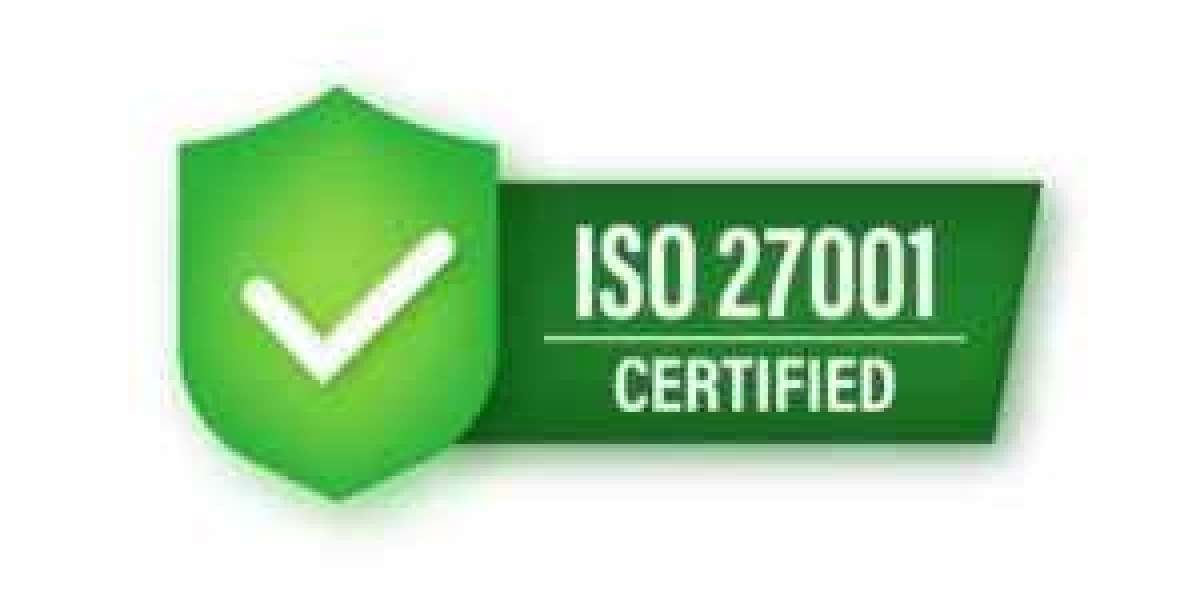In today's digitally driven world, safeguarding sensitive information has become paramount for organizations across all industries. With the increasing frequency and sophistication of cyber threats, ensuring the security of data has become a top priority. In response to this challenge, the International Organization for Standardization (ISO) introduced ISO 27001, a globally recognized standard for Information Security Management Systems (ISMS). To effectively implement and manage ISO 27001 within an organization, comprehensive training is essential.
ISO 27001 training equips professionals with the knowledge and skills needed to establish, implement, maintain, and continually improve an ISMS. The training covers various aspects of information security, including risk assessment, security controls, compliance requirements, and best practices for managing information security risks. It provides participants with a deep understanding of the ISO 27001 standard and its relevance to organizational security objectives.
One of the primary objectives of ISO 27001 training is to empower individuals with the ability to assess and mitigate information security risks effectively. Participants learn how to conduct risk assessments, identify vulnerabilities, and implement appropriate controls to safeguard critical assets. By understanding the risk management process outlined in ISO 27001, organizations can proactively address potential threats and vulnerabilities, thereby enhancing their overall security posture.
Furthermore, ISO 27001 training emphasizes the importance of establishing robust policies, procedures, and guidelines to ensure compliance with legal, regulatory, and contractual requirements. Participants learn how to develop tailored security policies aligned with the organization's objectives and industry-specific needs. They also gain insights into the significance of ongoing monitoring, evaluation, and continual improvement to maintain the effectiveness of the ISMS.
Moreover, ISO 27001 training provides professionals with the necessary expertise to navigate the certification process successfully. Whether seeking initial certification or aiming to maintain compliance with ISO 27001 standards, trained individuals understand the requirements and procedures involved in obtaining and retaining certification. This knowledge not only facilitates a smoother certification process but also demonstrates an organization's commitment to information security to stakeholders and customers.
In conclusion, ISO 27001 training is indispensable for organizations looking to enhance their information security capabilities and achieve compliance with international standards. By investing in comprehensive training programs, businesses can empower their employees with the knowledge and skills needed to effectively implement and manage an ISMS. Ultimately, mastering ISO 27001 through structured training enables organizations to mitigate risks, safeguard sensitive information, and demonstrate their commitment to information security excellence in an increasingly interconnected world.








